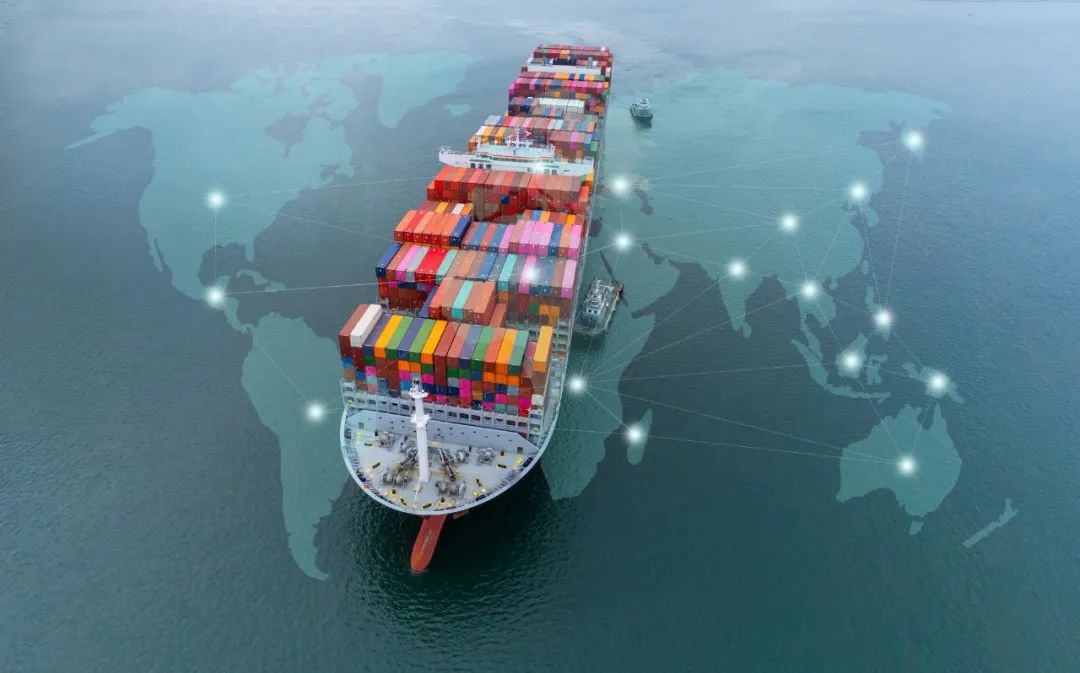Foreign trade refers to the cross-border exchange of goods and is a vital component of modern international economics and trade. With the deepening of economic globalization, an increasing number of companies are recognizing the importance of foreign trade. However, to stand out and succeed in a highly competitive environment, practical skills are essential. This article will provide suggestions and methods for effectively conducting foreign trade operations.

1. Market Research and Target Positioning
Before venturing into foreign trade, it is essential to conduct market research to understand the consumer demands, competitive landscape, andnmarket size of the target market. Through market research, companies can better assess whether their products are suitable for the market and formulate corresponding market strategies. Additionally, target positioning is a crucial step. Companies need to clearly define their product positioning and target audience to carry out more targeted market promotion.
2. Building Efficient Procurement and Supply Chains
Foreign trade operations rely on stable procurement and supply chain systems. When establishing a supply chain, companies should consider factors such as supplier selection, supply cycles, and goods distribution) Moreover, building an efficient procurement system is essential. This can be achieved through long-term collaboration with suppliers, establishing trust, and enhancing communication to ensure smooth procurement processes.
3. Brand Building and Promotion
In foreign trade, the value of a brand cannot be overlooked. Establishing a competitive brand is vital for enhancing a company’s competitiveness and attracting more customers. Companies can build their brand image by offering high-quality products, excellent services,reasonable pricing, and reliable after-sales support. Additionally, companies can leverage various online and offline promotion channels, such as trade shows, social media, and promotional collaborations, to promote their brand.
4. Selecting Appropriate Transportation Methods and Mastering Customs Clearance Processes
Transportation and customs clearance are critical aspects of foreign trade. When choosing transportation methods, companies should weigh factors such as the characteristics of the goods,timeliness requirements, and costs. At the same time, understanding and mastering customs clearance processes is essential, including export customs declaration procedures, goods inspection and release) and tax declarations.
5. Building a Strong Foreign Trade Marketing Team
A stable and efficient foreign trade marketing team is crucial for the smooth operation of foreign trade activities. Companies should focus on recruiting and training talent) developing professionals with language skills) market development capabilities, and negotiation skills. Additionally, establishing a effective team collaboration mechanism is vital for success.
6. Follow-Up After-Sales Service and Customer Relationship Maintenance
In foreign trade, after-sales service and customer relationship maintenance are equally important. Companies should provide customers with comprehensive after-sales service, addressing their queries and concerns, while maintaining long-term communication and collaboration to build strong customer relationships.
In summary, the effective execution of foreign trade requires comprehensive consideration of various factors, including market research, supply chain establishment, brand promotion, transportation and customs clearance, team building, and after-sales service. Only by integrating these factors and applying them flexibly in practice can companies establish a foothold in the foreign trade market and achieve long-term, stable business growth.







